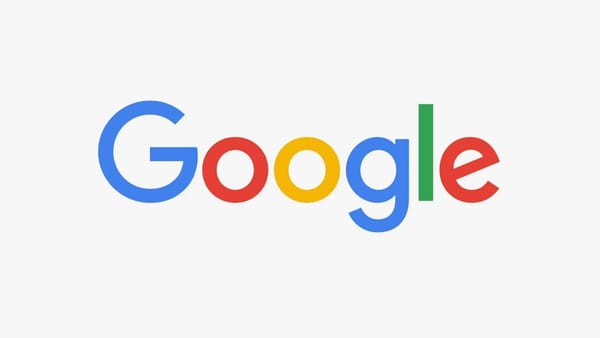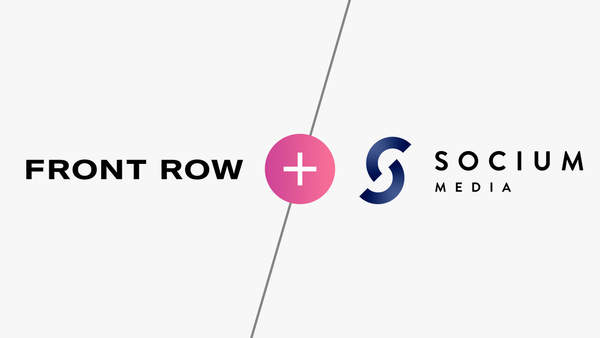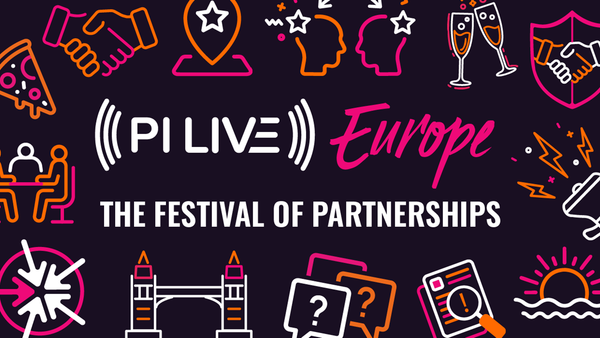A not-so-wise (but rich in life lessons) cartoon character once exclaimed: ‘I’m a cop and you will respect my authoritah!’
No prizes for guessing who said that and granted, it’s an odd quote to begin any self-respecting marketing thought piece. But it’s about as authoritative as a marketer relying on a single reputation metric (exhibit a: ‘brand trust’) to define a brand strategy. Micro-obsessively pointless.
At a time when authority across politics, economics and science has decayed under fragmentation (and distortion) of the truth via unreliable messaging, hyperconnected networks and siloed echo chambers to suit a subject’s agenda, we should interrogate whether there is a clear-cut relationship between trust and ‘success’, not least from our perspective as humble marketers contributing to commercial wellbeing.
This is not a plea to abandon trust. Rather a call to acknowledge the complexity of scaling trust with customers in this era of fragmentation (not to mention culture wars) where brand managers must endeavour, unafraid, to build a strategic picture full of nuance.
Edelman’s 2021 Trust Barometer found that in 18 of 27 surveyed countries, business is the only trusted institution, while there’s a feeling of neutrality towards NGOs, governments, and the media. This could even suggest that amidst the pandemic the global force of capitalism has tipped public trust towards business representing their interests more than even governments. Here in the UK, it’s not clear, as trust in business is 11 points below the global average (of 50) ahead of just South Korea, Japan and Russia. This points to a deeply sceptical, complex macro-economic picture within which brands vie for incremental customer attention, let alone trust.
Over the course of the pandemic, I’ve worked with several brands aiming to arrange a wide array of marketing metrics into a simpler hierarchy of customer effects mapped around a neatly diagnosed purchase journey or, in the behaviour change world, ‘stages of change’. Regardless of brand or category ‘… is a brand I trust’ is that annoying splinter that fails to dislodge itself from any progressive conversation about what metrics to work from. But remove it and put it in its place, we must.
There is a fundamental gap between customer responses in surveys and how they think or behave – a cognitive dissonance between an answer they provide and a mindset they hold or action they take. They are the most unreliable of narrators (what fun would this gig be otherwise?) and even if, in the main, they do or do not respond well to a trust-based question this has very little bearing on overall business performance. Argos is the fourth most trusted brand in the UK on Trustpilot, yet its FTSE index is almost 74% worse off than it was five years ago. Meanwhile, Activision Blizzard and Adobe are among the least trusted brands (in heady company with Facebook and Underarmour), yet their indices are comfortably above historic levels taken over the same time period.
Source: London Stock Exchange (Jan 2022)
But beyond the vapidity of share price index, let’s explore the nature of ‘trust’ as it relates to people and brands and illustrate why it is an unnecessary distraction to focus all efforts on, versus embracing a bundle of success metrics. If ever the tyranny of ‘or’ was at play (as opposed to the stately nuance of ‘and’) it is an industry’s collective obsession with trust.
Different types of trust
There are two types of trust that brands (and people) aim to build over time to establish lasting relationships: Number one is cognitive trust. Will this bus (or delivery) arrive on time based on my previous experiences? Will this chocolate taste as good as I always remember it? Is the information imparted by this person likely to be true? Whenever there’s deliberation in a person’s mind about the basic reliability and value of an experience in relation to previous interactions (and that experience is in line with or a net positive with said historical experience), the brand or person is delivering on cognitive trust. It’s a quickfire mental transaction, plain and simple.
If cognitive trust is the Ying (living in the head), then affective trust is the Yang (a combination of head and heart): is this person or company living up to their values or ethos as they relate to how I feel? A close friend, parent or spouse typically delivers in spades because we humans are social creatures, building our tribes on a cocktail of mutual trust and decency.
Brands, particularly those over-claiming their ‘purpose’ beyond delighting customers and delivering financial stakeholder value, will find this a tougher act to follow because they only really exist in the mind of a target market when a need or want arises. If you want my custom, deliver what I want. Do I really have to engage so much and show my respect because you conduct your business ethically? How do I know that you do what you say and help make society a better place?
The trouble with affective trust is that brands play such a peripheral role in customer attention that trust (in businesses not extracting excess value from the earth or paying enough in corporate taxes, for example) simply requires too much emotional processing to worry about. It’s anything but a quickfire transaction. Which is why ‘brand trust’ can never be trusted as one metric to rule them all.
Most consumer goods brands on our supermarket shelves represent a consistent produce that buyers trust to be of uniform quality. Service companies on the other hand, have offerings that are subject to variation in quality. Hotel chains like Travelodge, for example, vary widely in quality in different locations. Even John Lewis does. I’ll repeat: This is not an appeal to abandon ‘trust’ as a metric. Rather to treat it with a healthy dose of honest scepticism across brand marketing efforts, for it is not the ‘what-you-see-is-what-you-get’ figure it might appear to be.
And if trust in brands is declining as it is in the UK (-5 points in the latest Edelman Barometer) does this matter to business as much as we might think? Would it not be worth spending that little bit longer in diagnose mode exploring “trust’s” relationship to other metrics such as spontaneous awareness, consideration, perceptions of brand codes, associations and the revered NPS? Your brand’s respondents might well be a sceptical bunch, but still converting through the funnel with aplomb.
We’ve come full circle: on its own, trust is simply not enough, as we see reflected in the share price indices of Argos, Adobe and Activision where much sorcery is at play. This requires brand managers and their peers to welcome nuance with open arms and identify the combination of metrics that most closely correlate with positive behaviours and attitudes towards their business. There may be three. There may be more. All we can be certain of is that it is never just one. Certainly not brand trust. Or ‘authoritah’.









